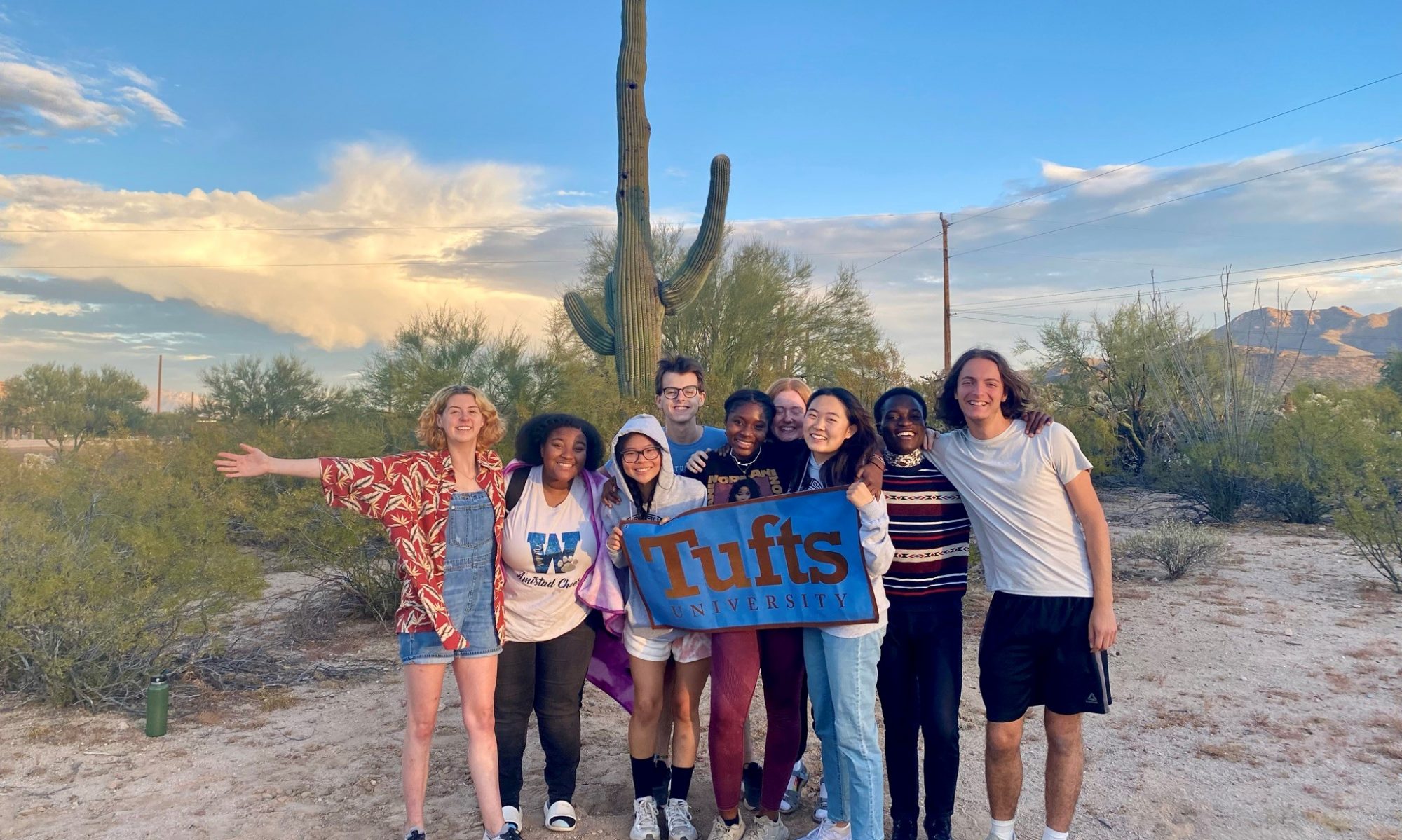
By Nicolas, Tufts 1+4 Participant
As a kid, I never took much pleasure in reading. I would do it when I had to, but it was never something I did voluntarily. Dyslexia made it hard for me to read without giving me headaches, especially in English since it was my second language. Although I hated reading, I really loved being read to. I loved when my parents would read me stories about adventures and made up places. I must have listened to The Odyssey book on tape at least ten times growing up, and it was without a doubt my favorite story. Once I was older and my reading improved, I had the chance to read my favorite book for the first time. The difference when reading the words myself as opposed to it being read to me was tremendous. I loved experiencing the adventure of the story first hand. This was the first time I’ve ever had that feeling where I didn’t want to put the book down, not even for a second. I thought Odysseus was the most incredible character ever. His leadership and determination was incomparable and he was really someone I looked up to. This story really changed my life. I loved The Odyssey because of the thoughts it provoked me to fathom. Different conflicts and challenges, and questionings of what I would have done if I were in that position. I now know, the deepest pleasure of reading isn’t the words on the page, but what thoughts those words trigger in your head. What do those words make you feel and why.
My best friend, Raf recommended this book to me a couple weeks before I set off on this incredible journey of a year. He said it was one of his favorite books ever and he hoped I would like it as well. So I bought this book and brought it with me to Brazil. The story of Siddhartha is that of a young Brahmin boy who sets out to find the Buddha in hopes of learning the purest form of wisdom and self discipline. The story is filed with love and compassion and fear and hope, and the portrayals or these deep seeded human emotions made me reflect of the foundation of what it is to be human and what it means to be alive. I felt extremely connected to this story in the sense that, I too was a young boy taking off to gain wisdom in a far and strange land. This story provoked so much emotion out of me that it literally brought me to tears on several occasions. Once again, these words on paper changed my life. I feel so lucky to have felt these connections with these books and emotions that ultimately shift my thinking. In a way I feel like these books are very similar to my gap year; they both have helped me grow and mature a lot, even in ways I can’t see yet, and I’m super excited to discover the ways in which these changes will unfold.


















